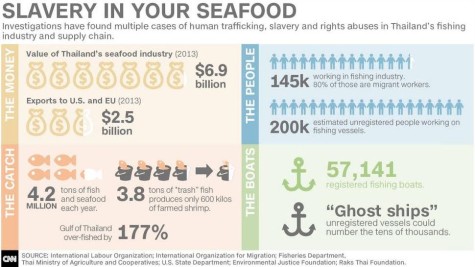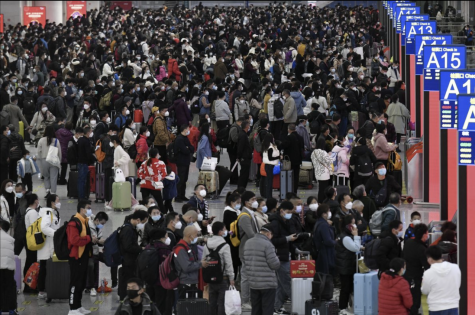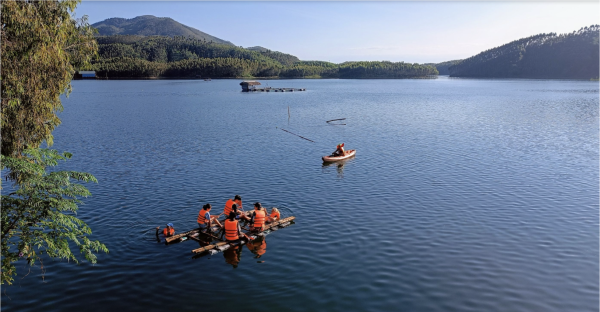The Dark Truth Behind the Seafood We Consume

Slavery seems like an issue worlds away from the contemporary time. However, would you believe that the majority of Thai-produced seafood are results of slavery? Slavery is considered illegal in every country in the world, including Thailand, but it seems as if this nation has reached a level where such incidents are expanding limitlessly right under the nose of the legislation.
According to the Global Slavery Index, nearly 500,000 people are believed to be enslaved within Thailand’s borders and Thai officials assume that among the 300,000 people who work for the nation’s fishing industry, nearly 90% of them is migrants from neighboring LEDCs. However, despite this large illegal action going on within its borders, the Thai leader haven’t been able to come up with keen solutions to overcome this situation right away as Phil Robertson, deputy director of Human Rights Watch’s Asia, says “The use of trafficked labor is systematic in the Thai fishing industry,” and “The industry would have a hard time operating in its current form without it.”
It is known that the boat owners call the brokers directly and order the quantity of men and the amount of money they will pay. Each man costs around 740 to 1000 USD, which is 95% cheaper than a slave at the height of the 19th century slave trade, meaning that these slaves of Thai fishermen are more likely disposable commodities rather than an invested labor force. Even worse, the boat owners’ money isn’t from their pockets but from loans, which makes this a debt they must pay.
The Guardian has interviewed several ex-slaves. A Burmese fisherman recounted that three years ago he paid a middleman for a factory job at Thailand. However, after a long and arduous journey, he realized that he was told a lie after seeing all the fishing boats waiting for him. He told the brokers that he wishes to go back but he was denied and got all of his teeth smashed by the captain. He went on to say that the life on the trawler was devastating as all he could eat was a plate of rice per day. He must fulfill 20 hours labor and sometimes even longer. He had to crawl all the way to his sleeping spot as the sleeping quarters were too cramped. Moreover he could have been thrown overboard if he was too ill to work.
The larger problem is that the brokers and local police officers are in fact ‘business partners’ as one broker describes their relationship. The brokers would bribe the police officers for various advantages such as passing the border through the main road, keeping the trafficking secret to the high officials, and most of all making the police bring illegal migrants to them. The police would continue to help the brokers in order to earn profit as human trafficking market expands.
This human rights crisis has been going on for ages and no effective measures were taken as this slave system takes up a major role in Thailand’s fishing industry. However, the Thai Prime Minister, Prayuth Chan-ocha has recently vowed to tackle the issue effectively unlike the previous government efforts. He has stated that the current laws relating to fisheries are very outdated and that he would overhaul it so that the industry could function in a proper manner. He went on to say that even Thai citizens were lured to slavery along with other migrant workers, thus specific measures must be taken place so that once the slaves are freed, there could be a systematic process of identifying their profiles and returning them to where they belong.

Sources:
http://edition.cnn.com/2015/05/15/world/thailand-pm-on-fishing-slavery/
http://www.theguardian.com/global-development/2014/jun/10/-sp-migrant-workers-new-life-enslaved-thai-fishing


